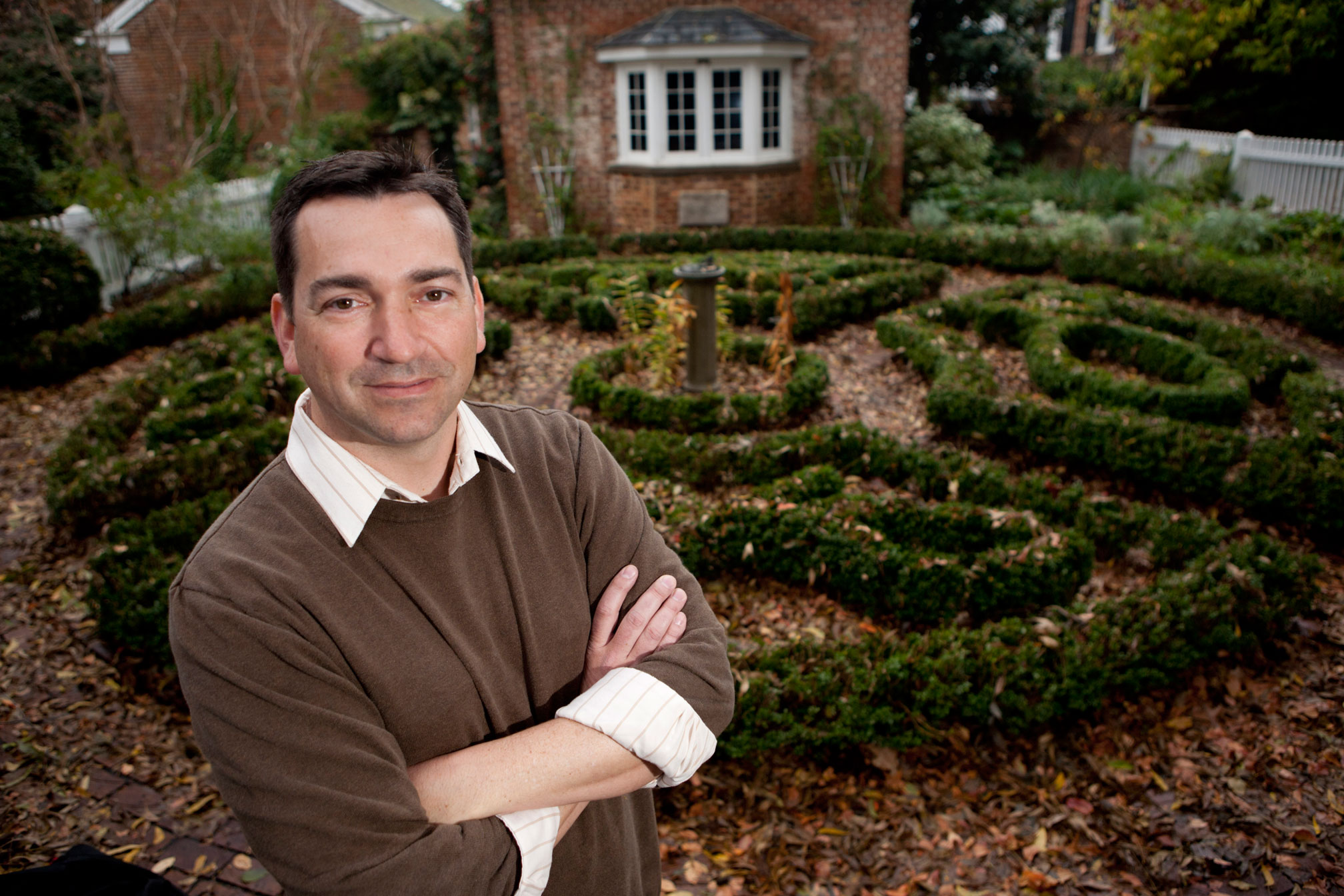Athens, Ga. – Alfie Vick, an associate professor in the University of Georgia College of Environment and Design, was named a Leadership in Energy and Environmental Design Fellow at the Greenbuild International Conference and Expo in Philadelphia earlier this month. This designation is only bestowed up on top instructors and practitioners.
Vick was among 51 international green building professionals selected to the 2013 class of LEED Fellows. The LEED Fellow Program is a professional designation from the green building industry that recognizes exceptional contributions to green building and significant professional achievement within the rapidly growing community of LEED Professionals. The LEED Fellows program is based upon peer nomination and a portfolio review process.
“We are thrilled to present these highly accomplished individuals with the LEED Fellow designation,” said Rick Fedrizzi, President, CEO and founding chair of the U.S. Green Building Council. “The Fellows are some of the leading innovators and vanguards of the green building movement, and their bodies of work strongly underscore their commitment to LEED and a sustainable built environment.”
Vick also has been instrumental in the development of sustainability curriculum within the environment and design college. He developed a course titled “Issues and Practices in Sustainable Design,” which teaches essential knowledge about sustainability, green building, and the LEED rating system to students each spring. So far, more than 250 of his students have passed the LEED Accredited Professional and/or Green Associate Exam (recognized credentials in green building) before graduating. In 2013, he received the Sustainable UGA Outstanding Faculty Award from the UGA Office of Sustainability.
Vick’s goal as a professor is to cultivate students’ curiosity to ask why or how, and to provide the tools and confidence needed to explore solutions. He believes that his students will be most effective a solving complex landscape problems if they have a clear understanding of the environmental, social and economic systems that influence and interact with specific sites. Vick incorporates service-learning into his courses at CED.
“When I do have the opportunity to take students out of the classroom and actually engage them in real places and activities their eyes light up and their questions are more insightful,” said Vick. “I am convinced that field experiences and service-learning opportunities are critical components of higher education.”
For more information on the LEED Fellow program, see usgbc.org/leed/credentials/leed-fellow/.
The College of Environment and Design
The College of Environment and Design is home to one of the oldest and largest schools of landscape architecture in the U.S. and offers degrees in landscape architecture, historic preservation and environmental planning and design, as well as a certificate in environmental ethics. For more information on the College, see www.ced.uga.edu.


